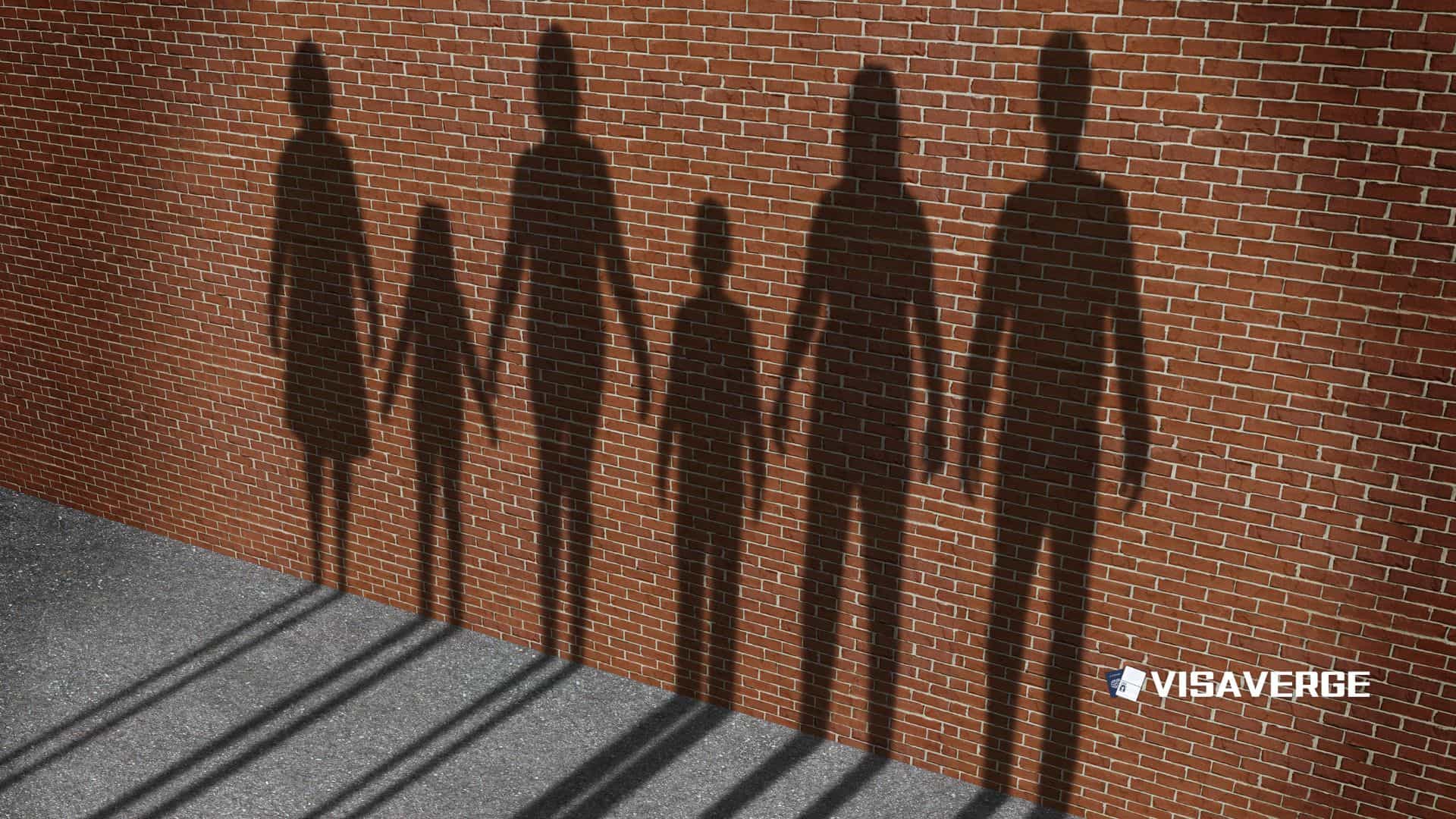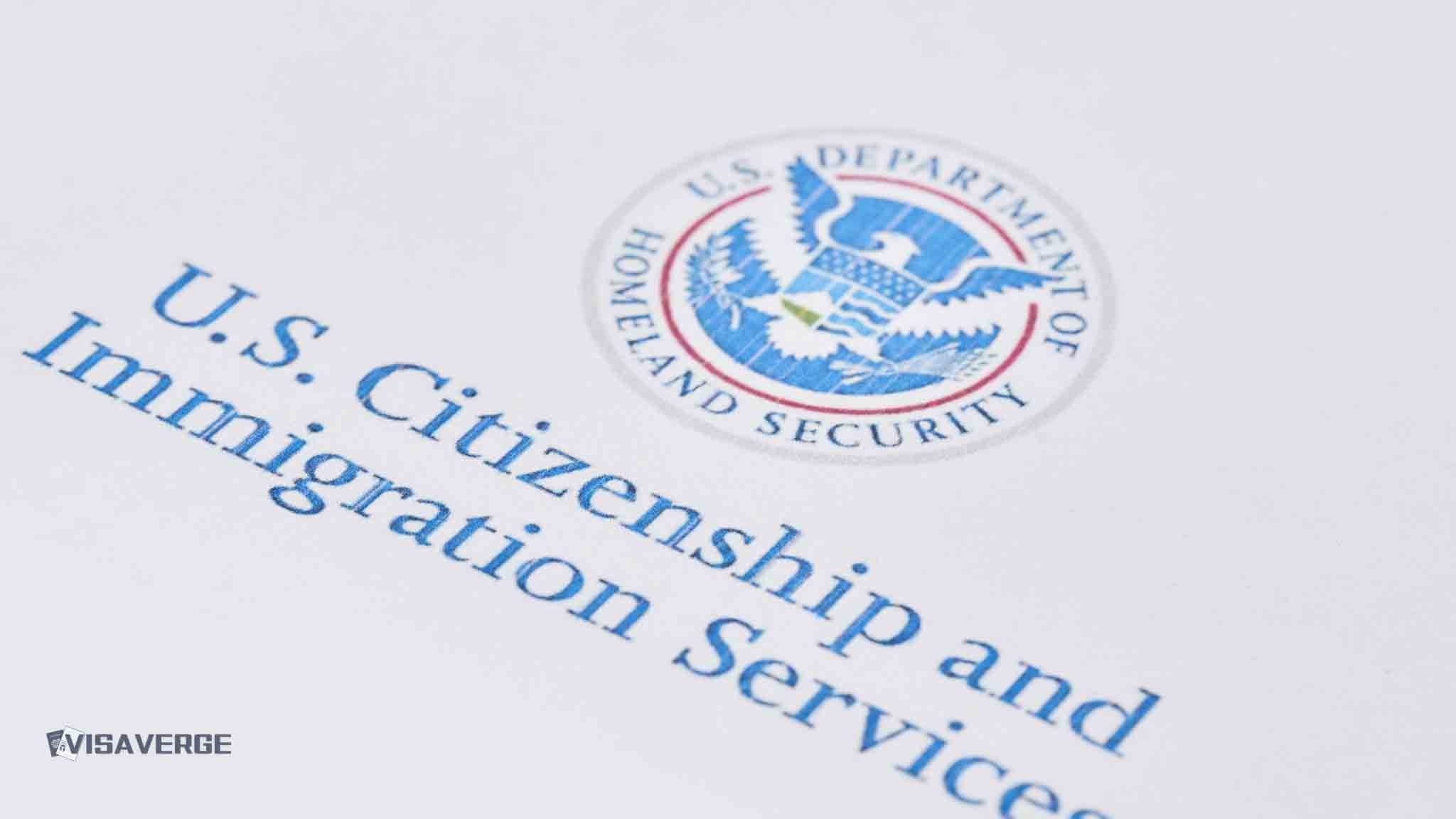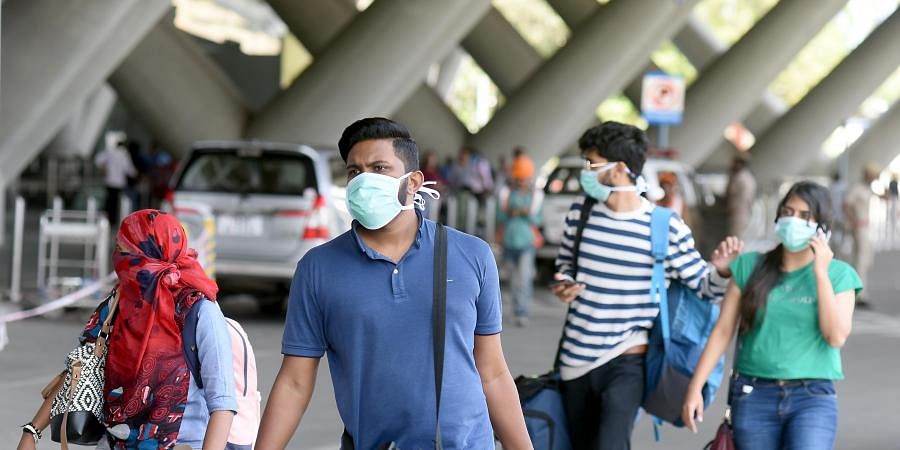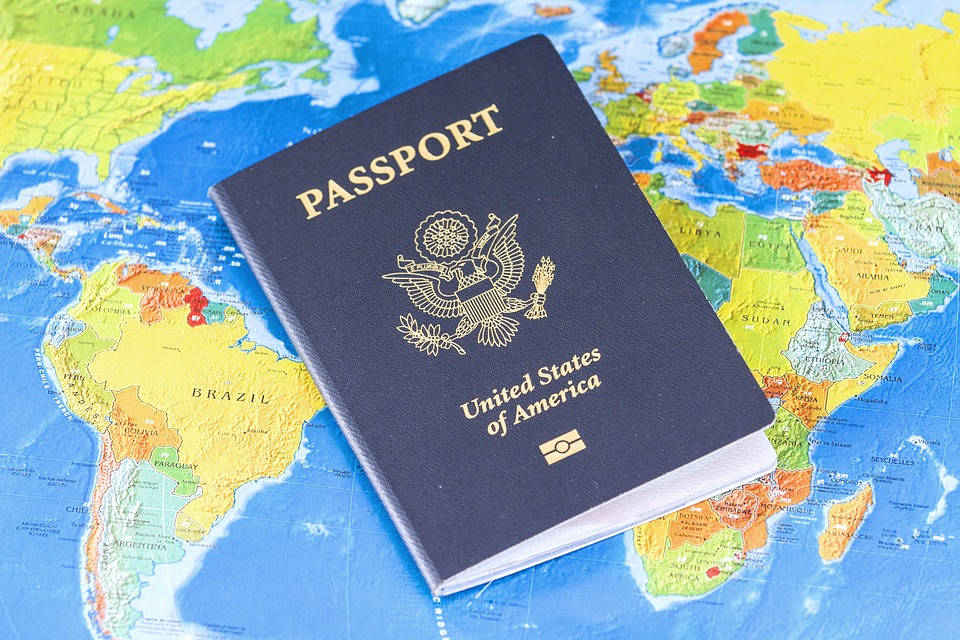The future of health care and basic assistance for immigrant families in the 🇺🇸 is again in doubt after the Department of Homeland Security (DHS) moved in November 2025 to rewrite Public Charge regulations, reopening long‑standing fears that using programs like Medicaid, CHIP, and SNAP could put green card dreams at risk. On November 17, 2025, DHS published a proposed rule that would rescind the Biden administration’s 2022 public charge rule and restore broader power for immigration officers to weigh families’ use of health, nutrition, and housing benefits when deciding whether someone is “likely to become a public charge.”
Immediate reactions and the current state of play

While the rule has not yet taken effect and is still open for public comment, immigrant families and the clinics that serve them say the impact is already real. Advocates report that people are asking whether taking a sick child to the doctor, renewing Medicaid coverage, or applying for food help through SNAP could one day be used against them in immigration applications.
Many remember how quickly fear spread the last time these rules changed and worry that history is repeating. The 2022 rule, issued under President Biden, had narrowed how officers could apply the public charge test and clearly stated that most non-cash benefits, including Medicaid, CHIP, and SNAP, would not count against applicants. That rule was meant to calm confusion and undo damage from the Trump-era policy, which had triggered wide “chilling effects” even among families who were fully eligible for assistance.
The new proposal would roll back that clarity and again let officers consider a wider set of benefits, including health and nutrition programs, when deciding if someone can be admitted or get permanent residency.
How this change interacts with recent federal law
According to analysis by VisaVerge.com, the timing of this proposed shift is especially troubling because it comes on top of new federal laws that have already restricted who can get help in the first place.
Key recent federal changes:
– The “One Big Beautiful Bill” Act and the 2025 tax and budget law now bar many lawfully present immigrants from core programs.
– Affected programs include Medicaid, CHIP, SNAP, and ACA premium tax credits.
– This affects refugees, asylum seekers, and Temporary Protected Status (TPS) holders among others.
DACA and Marketplace coverage
- DACA recipients lost eligibility for ACA Marketplace coverage as of August 25, 2025.
- Many working, tax‑paying immigrants now find Marketplace insurance unavailable, pushing them toward being uninsured or into already stretched safety‑net clinics.
State-level rollbacks and their effects
Several states that once filled federal gaps are pulling back. Examples include California, Illinois, Minnesota, Washington, and Washington, D.C.
State changes include:
– Adding new premiums that low-income families struggle to pay
– Cutting back on covered services
– Freezing enrollment for undocumented adults
These state‑level reversals, layered on top of tighter federal rules, make immigrant communities feel that doors are closing from multiple directions.
The role of fear: chilling effects and behavior change
Public health researchers emphasize that legal shifts are only part of the story — fear drives behavior as well.
- During the Trump administration’s 2019–2020 public charge rule, surveys found between 15.6% and 31.5% of immigrant families avoided public benefits because of fear, even when children were hungry or sick.
- Many of those families were low-income and had children who were U.S. citizens.
- Confusion and distrust persisted long after the rule was reversed.
Early signs in 2025 suggest the same pattern is re-emerging:
– Community health centers report canceled checkups and dental appointments.
– Some patients delay care until conditions become emergencies, increasing costs and risks.
– Providers repeatedly hear questions like:
– “If I keep my child on CHIP, will it hurt my green card case later?”
– “If my elderly parent uses Medicaid to pay for a nursing home, will they be denied reentry?”
Enforcement trends increasing anxiety
Fear is amplified by broader enforcement activity. Advocates note:
– Immigration and Customs Enforcement (ICE) arrests rose to more than 900 per day in June 2025.
– 42% of those arrested had no criminal history.
For families already anxious about policy changes, this combination — tighter Public Charge rules, reduced benefit eligibility, and more visible enforcement — constitutes what some describe as a “perfect storm.”
Projected policy impacts and costs
Economists and budget analysts are already estimating longer‑term effects:
– The Congressional Budget Office (CBO) estimates the new federal restrictions on eligibility alone will leave 1.4 million lawfully present immigrants uninsured by 2034.
– This estimate does not include people who remain technically eligible but choose not to enroll because of fear. Experts warn this second group may be far larger.
For clinics and hospitals, expected consequences include:
– More unpaid care and sicker patients
– Declines in preventive visits, vaccinations, and chronic disease management
– Poorer control of conditions like diabetes, asthma, and high blood pressure
– Higher emergency visits and hospital stays later on
– Increased strain on local health systems and public budgets in communities with many foreign‑born residents
One safeguard: WIC remains exempt (for now)
One notable exception is the Special Supplemental Nutrition Program for Women, Infants, and Children (WIC).
- The proposed rule would not touch WIC.
- WIC remains exempt from public charge determinations, meaning pregnant women, new mothers, and young children should be able to receive WIC without immigration consequences.
Advocates repeatedly stress this in outreach, but they concede that once fear takes hold many families do not clearly distinguish between programs.
Legal guidance and what families should do
Legal service groups urge families to:
1. Seek case-specific legal advice before dropping benefits, especially if U.S. citizen children rely on Medicaid, CHIP, or SNAP.
2. Remember the proposed DHS rule must go through the full notice-and-comment process and could change before any final version is issued.
3. Understand that, until a final rule is issued, the 2022 Biden public charge rule technically remains in effect.
For official guidance, DHS and USCIS still post current rules online. See the USCIS public charge information page:
– https://www.uscis.gov/green-card/green-card-processes-and-procedures/public-charge
“When people read that public charge rules are ‘coming back’ or that the government is again counting benefit use against immigrants, they may drop off programs even if the final rule ends up narrower than feared.”
— Echoing the lessons learned from prior public charge changes
Broader public health implications
The combination of new Public Charge regulations, narrowed eligibility, and higher enforcement raises serious public health questions:
- If millions of immigrants avoid routine care and basic supports, health disparities between immigrants and U.S.-born residents are likely to grow.
- Expected outcomes include:
- More late‑stage cancer diagnoses
- More uncontrolled chronic disease
- More children missing vaccines and checkups
- Local governments and hospitals will likely face higher uncompensated care costs even as states cut back immigrant coverage.
Advocacy asks and next steps
Advocates and medical groups are calling for:
– Clear, simple public messaging from federal leaders about what current rules actually say and what may change.
– Plain-language explanations from DHS on which benefits count in public charge cases, which do not, and how rules will apply to families with U.S. citizen children.
– Congressional reconsideration of recent eligibility cuts to Medicaid, CHIP, SNAP, and ACA benefits for lawfully present immigrants.
They warn that layering public charge fears on top of loss of program access could deepen a crisis that will be difficult to reverse.
Final takeaway
For now, immigrant families are again forced to weigh impossible trade-offs: immediate health care and basic needs versus the prospect of a stable future in the country they call home.
As the DHS proposal moves through the comment process, the lived reality in clinics, food pantries, and community centers suggests that chilling effects are already present — long before any final rule appears in the Federal Register.
This Article in a Nutshell
DHS published a proposed rule on November 17, 2025 to rescind the Biden-era 2022 public charge rule, allowing greater discretion to consider use of Medicaid, CHIP, SNAP and other benefits when deciding green card or admission cases. Although not yet final and open for comment, the proposal is already generating fear and ‘chilling effects,’ reducing clinic visits and enrollment. WIC remains exempt. Advocates recommend seeking case-specific legal advice and monitoring the rulemaking process.













